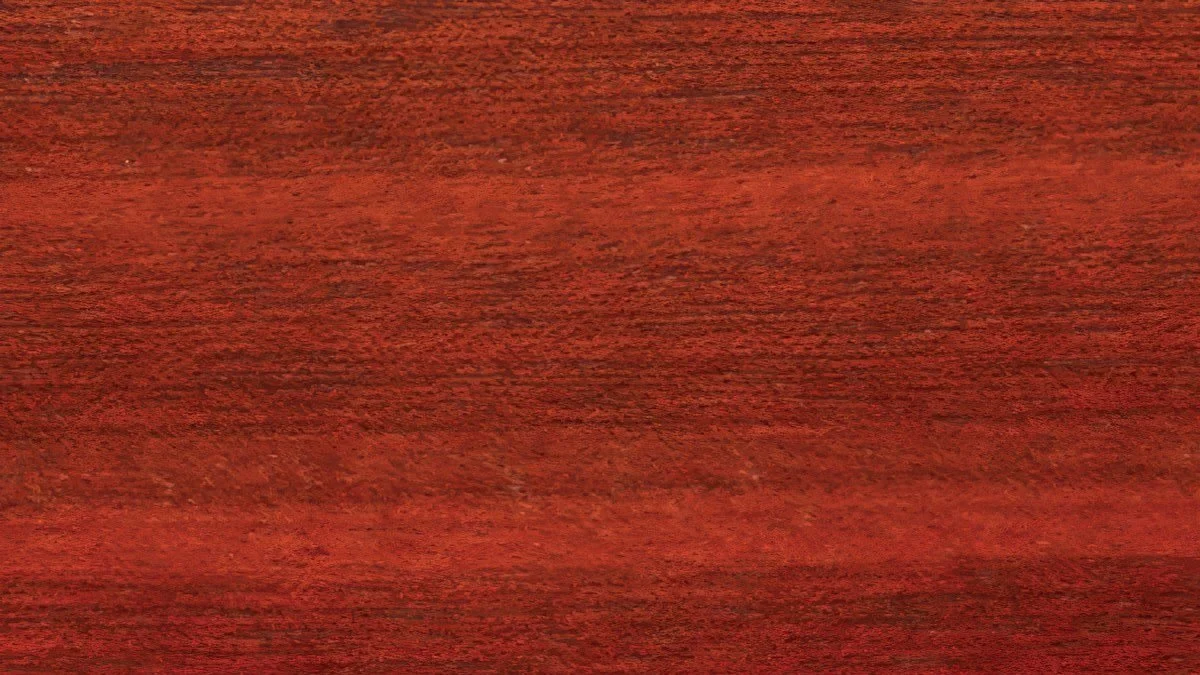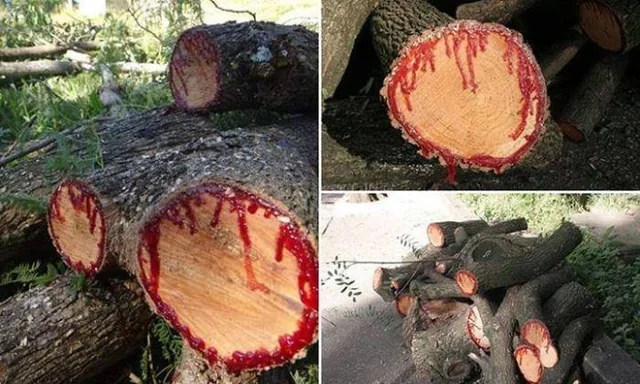
Schreiber Bloodwood
A gift from my teacher, Schreiber Bloodwood carries its story forward.
The Story
When Marika and Dennis Bordes were living here in Seguin, our friendship grew quickly. One evening at my place, Marika wandered into the shop. She paused, took it in, and said, “Oh, you are a serious woodworker! You need to come to my studio so we can work together.” I was both surprised and honored — and of course I accepted. That moment gave me time in her studio, and it’s also how I first met Alan Schreiber.
Marika, an internationally recognized wood sculptor, offered encouragement that shaped my own path in lasting ways. You can see her work here.
Alan quickly became much more than a fellow craftsman I’d just met. Though legally blind, he sculpted alongside Marika, spent hours in my shop turning wood with me, and patiently passed on the art of the lathe. Over the years he grew into one of my closest friends — a mentor I deeply respect, and a steady companion both in the shop and at shows.
Another time that I went to pick Al up for another day in the shop, he came out to the car carrying a good-sized piece of Bloodwood. I assumed he wanted something made from it — wrong. When he opened the door he said, “I can’t use this anymore and thought you might could.” Yet another gift from my teacher. In his honor, I named this wood Schreiber Bloodwood.
About the Tree
Bloodwood (Brosimum rubescens) is native to South America, where it grows tall with a broad crown and clusters of blossoms. At first glance it looks much like other tropical hardwoods.
Its name, though, comes from what happens when it’s cut. Freshly sawn logs release a vivid red sap that looks startlingly like blood — a natural trait that makes this tree unforgettable.
About the Wood
Bloodwood is known for its density, weight, and remarkable strength. Its natural color is a vivid, striking red that holds its character over time with very little fading. Because of its hardness it can be demanding to work with, but when shaped and polished it rewards the effort with a smooth, glass-like finish few other woods can equal.
The piece Alan gave me was just that — heavy, rich in color, and full of possibility. It’s a wood that commands patience and respect, and for me it also carries the memory of the friend who passed it on.
Why It Matters
Bloodwood is striking on its own, but what makes this piece matter is where it came from. Alan handed it to me when he could no longer use it himself, passing along one more chance to put good wood to work. However it’s used — on the lathe or at the bench — it carries both its natural beauty and the story of how it came to my shop.
Made With Schreiber Bloodwood
Herringbone-pattern charcuterie platter with Bloodwood center board – available now.
Bloodwood whiskey topper with inlaid Marine Corps emblem – sold.
Bloodwood whiskey topper with inlaid Coast Guard emblem – available now.
Schreiber Bloodwood is in very limited supply, and every piece carries a bold, unmistakable character. Of the pieces shown above, some are available now and linked directly to their product pages, while others have already found their homes. If you’d like something made just for you, get in touch and let’s talk about it — while the wood lasts.







